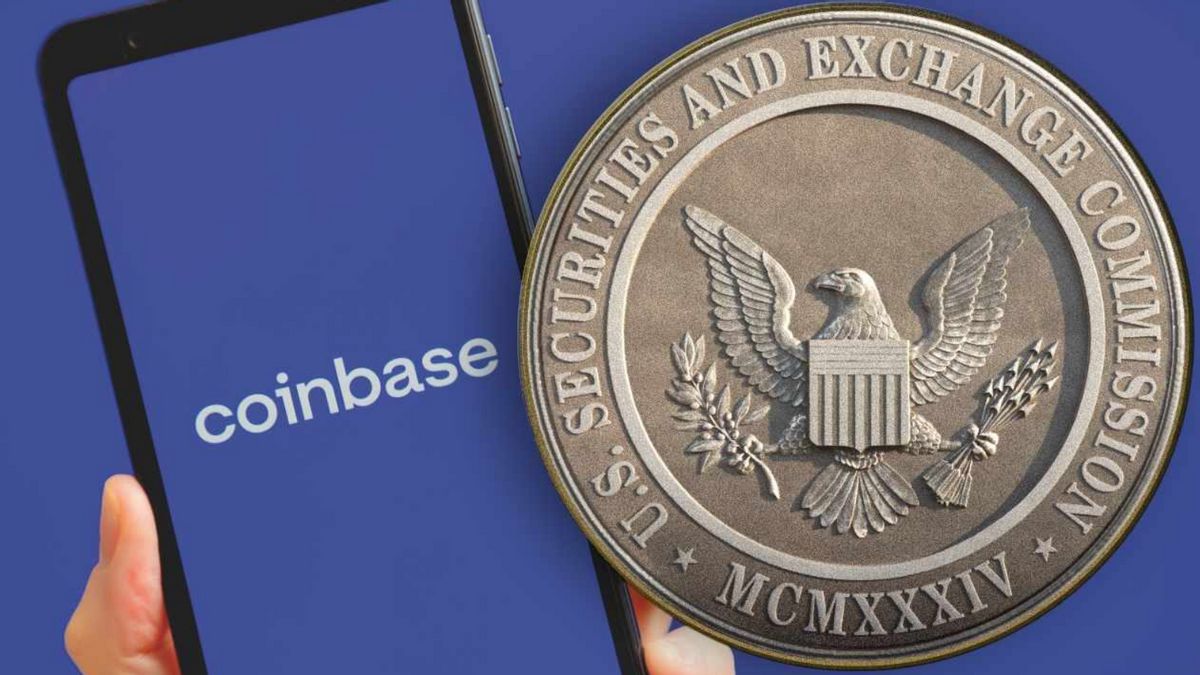In October, Charles Hoskinson, the founder of Cardano, is scheduled to meet with President Javier Milei of Argentina to deliberate on the influence of cryptocurrency on the nation’s economy.
Hoskinson will participate in discussions regarding the potential of blockchain technology to revolutionize economic and social systems during the Tech Forum Argentina on October 19.
The discussions will encompass a variety of subjects, such as Argentina’s prospective adoption of a central bank digital currency (CBDC) and its approach to technology.
Cardano Enhances Relations with Argentina
The forthcoming meeting further strengthens Cardano’s existing relationships with Argentina.
The Cardano Foundation has been actively engaged in the country, forming numerous partnerships to encourage the adoption of blockchain technology on a local scale.
The foundation entered into an additional agreement in June 2024 to further incorporate blockchain technology in Argentina.
It is worth noting that Bitcoin has maintained a significant presence in Argentina for an extended period. In 2012, BitPay, one of the first major crypto companies, developed its wallet, Copay, in the country.
President Milei, recognized for his cryptocurrency advocacy, has publicly endorsed Cardano on social media.
He has since shared numerous posts from Hoskinson himself and reposted a Cardano-themed message from Dario Epstein in May 2024.
On September 17, Milei verified his attendance at the Tech Forum Argentina by publishing a social media post.
The announcement aligns with Cardano’s advancements in the Voltaire era of its roadmap aimed at accomplishing decentralized governance.
The first hard fork in this era of Cardano occurred on September 1, instituting community-run governance mechanisms.
The Leios upgrade is another highly anticipated upgrade within the network. According to Charles Hoskinson, the founder of Cardano, this upgrade will enable the platform to operate at a quicker pace than Solana while maintaining its decentralization.
The final Cardano Constitution, which will formalize these onchain voting features, is anticipated to be adopted in December 2024.
Blockchain to be integrated into High School curricula in Argentina
In August, the ETH Kipu Foundation and the Ministry of Education of the City of Buenos Aires partnered to integrate blockchain technology and Ethereum into the secondary school curriculum.
The initiative, which places Argentina ahead of its Latin American counterparts, is designed to provide students with the skills required to succeed in the emerging tech economy.
The partnership encompasses the creation of an online Solidity course, a programming language utilized to create Ethereum applications, in addition to the in-school programs.
The course will be accessible to 500 pupils who are 18 years of age or older, equipping them with the necessary resources to become active members of the Ethereum development community.
Milei removed the proposed crypto tax law from a contentious comprehensive reform package earlier this year to expedite the approval of a series of reforms.
Initially, the “Ley Ómnibus” or the “Law of Bases and Starting Points for the Freedom of Argentines” contained provisions that mandated taxpayers to disclose ownership of assets that had been previously undisclosed, such as cryptocurrencies.
Nevertheless, Minister of Interior Guillermo Francos declared the elimination of these clauses, attributing the decision to the necessity for legislative efficacy and rapid economic development.



